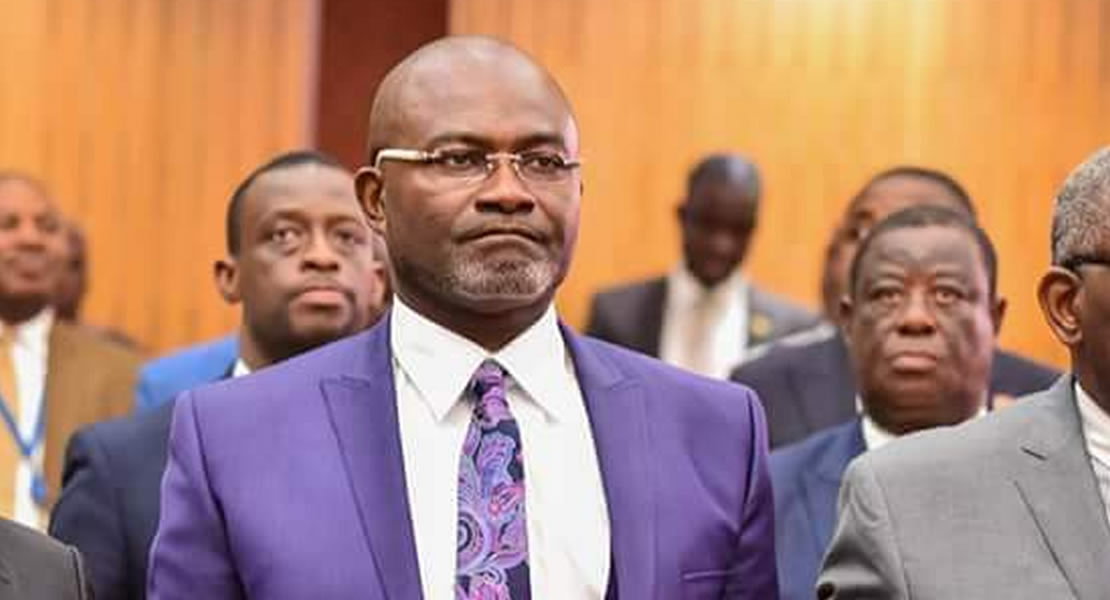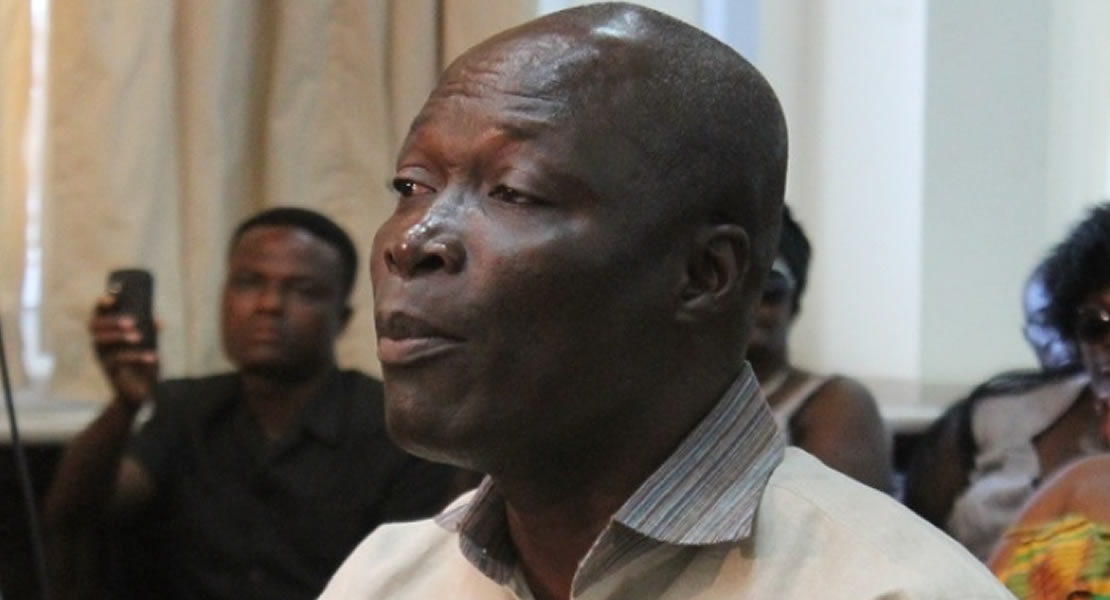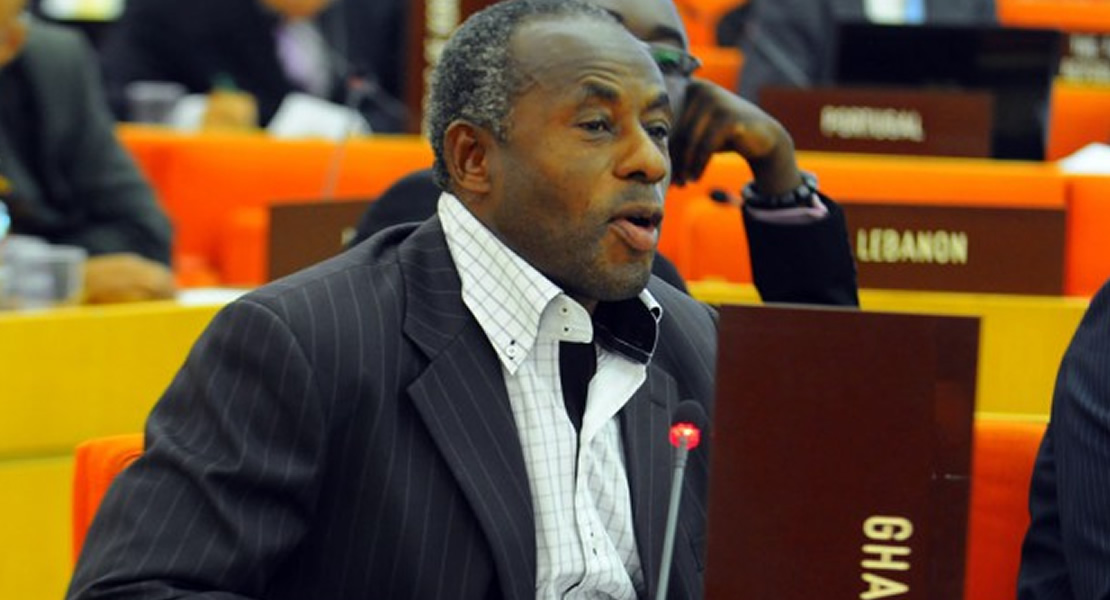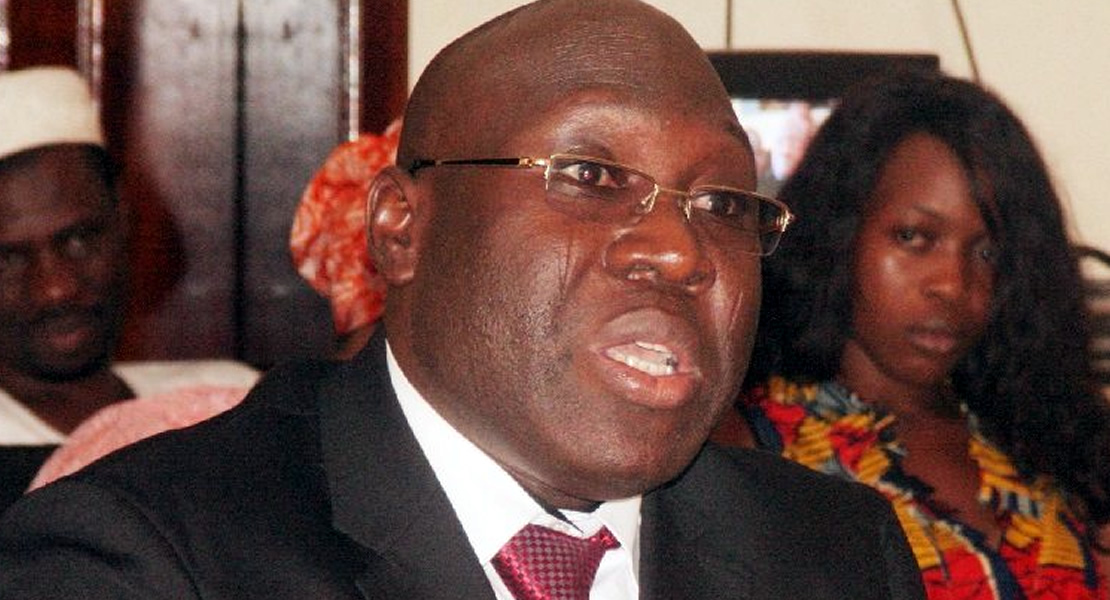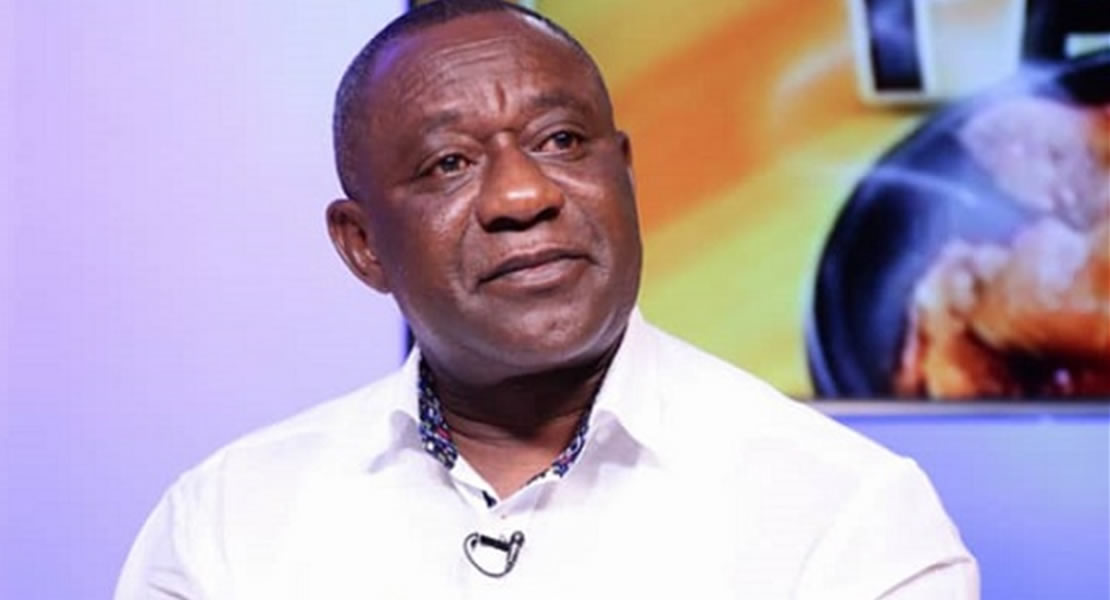The Minority New Patriotic Party (NPP) in Parliament says it not happy about the way the government has been handling the prices of cocoa in the country.
According to the group, the new price of cocoa as announced by a deputy Minister of Finance, Cassel Ato Forson will not have any meaningful impact on cocoa farmers if one compares it to the prevailing world market price of the commodity and conditions in neighbouring La Cote d’voire.
On Saturday, October 1, 2016, the Government of Ghana announced an increase in the producer price of cocoa from GH₵425.00 to GH₵475.00 which translates into 11.76% for the 2016/2017 crop season.
That means, a metric ton of the commodity has also moved up from GH₵6,800 to GH₵7,600.
The new price, according to the government, is to motivate cocoa farmers.
The new price, the government also noted, is to serve as an incentive to curb the smuggling of the commodity to neighbouring La Cote d’voire who are selling theirs at GH₵446.00 per bag.
But a statement released by the Minority Caucus and signed by its leader, Hon. Osei Kyei-Mensah-Bonsu said the government could have done better by increasing the price of cocoa much more significantly than what it announced last Saturday considering the enormous gains it has made over the last couple of years by keeping the price of the commodity unchanged.
“The new price of GH₵475.00 per bag announced last Saturday will ensure that the poverty level of cocoa farmers will increase to new highs and the little incentive left in cocoa farming will be buried. The plight of cocoa farmers is made even more pathetic because of the shortages most of them are experiencing in the supply of chemical inputs”, the statement in part read.
Below is the full statement released by the Minority:
THE NEW COCOA PRODUCER PRICE FOR CROP YEAR 2016/2017
On 1st October, 2016 the government announced a new price for producers of cocoa. The new price for the 2016/2017 season is GHS475 per bag of 64kg. This compares with the 2015/2016 price of GHS425 – an increase of GHS50 or 11.76 percent.
Compared to the current rate of inflation of some 17 percent, the cocoa farmer is worse off with the new price which has been announced. Those who are comparing the increase of 11.76 percent to the 10 percent increase awarded to cocoa farmers in Cote D’Ivoire are getting it all wrong. Inflation in Cote D’Ivoire is less than 5 percent. So the Ivorian cocoa farmer is far better off. Again, the lending rate in Ghana is about 35 percent. If a farmer took a loan to start up a venture in cocoa production or expand his farm, he would be in serious trouble after this 11.76 percent increase. Lending rates in Cote D’Ivoire are below 5 percent. The Ghana Cedi has depreciated by more than 14 percent this year and if one factored this into the equation the Ghanaian cocoa farmer is rendered much much poorer.
It is important to emphasize that the cocoa producer price was kept unchanged throughout crop years 2011/2012 to 2013/2014. In this period the world price of cocoa was rising, inflation was going up and the Cedi was fast depreciating. These economic indicators should have allowed the NDC government to increase the producer price of cocoa much more significantly than they have done. Characteristically, the Government refused to do so. To add insult to injury, the government refused to pay the bonuses due to the farmers worth over GHS100 million Cedis.
Because of the substantial decline in the real producer prices and incomes of cocoa farmers over the period 2011/2012 – 2014/2015, the Minority Caucus in Parliament in August, 2014 recommended that the new producer price for crop year 2014/2015 should be fixed at GHS479 per bag. Contrary to this proposal, the NDC government chose to fix the producer price at GHS345 per bag for the 2014/2015 season. This was followed by a 5.8 percent increase in the producer price to GH425 per bag in the 2015/2016 season.
Ladies and gentlemen, with the rather very low producer prices awarded to cocoa farmers from 2011/2012 to 2015/2016, one would have expected that the NDC government would have made amends and taken advantage of the colossal savings they made in those years to correct the injustice meted out to cocoa farmers, to forestall their sinking fortunes. Alas, that was not part of the consideration of this insensitive government.
The new price of GHS475 per bag announced last Saturday will ensure that the poverty level of cocoa farmers will increase to new highs and the little incentive left in cocoa farming will be buried.
The plight of cocoa farmers is made even more pathetic because of the shortages most of them are experiencing in the supply of chemical inputs.
The Ghana COCOBOD claims it spent the equivalent of over GHS838 million in 2015/2016 importing and distributing fertilizers, pesticides, fungicides and other chemicals to cocoa farmers; and another US$150 million on cocoa roads, among others. The figure of GHS838 million is nearly the total Budget Allocation to both the Ministry of Food and Agriculture and the Ministry of Fisheries and Aquaculture Development in financial year 2016.
In spite of such huge expenditures, many cocoa farmers from Sefwi, Ahafo, Volta and other producing areas complain of inadequate supply of chemicals. This is not surprising, since reports persist of massive smuggling of cocoa chemicals across our borders to other West African countries including Togo, Burkina Faso, Cote D’Ivoire, Cameroun, Nigeria, Benin and Niger. The “free inputs” policy of the NDC government is obviously fuelling the smuggling of these chemicals.
The massive leakage of imported chemical inputs by smuggling to neighbouring countries, does not only deny our cocoa farmers of much needed inputs and thereby reduce yields and production, but also cuts the amount available to pay remunerative prices to cocoa farmers. This is because the producer price is determined after deductions from gross F.O.B proceeds for chemicals, cocoa roads and other such expenditures. A Check on the extensive smuggling of chemical inputs and the elimination of inflated contracts for cocoa roads, would free much needed resources to pay better remunerative producer price of GHS600 per bag instead of the lowly amount of GHS475 that COCOBOD has now proposed. This price of GHS475 is two years too late.
Thank You.
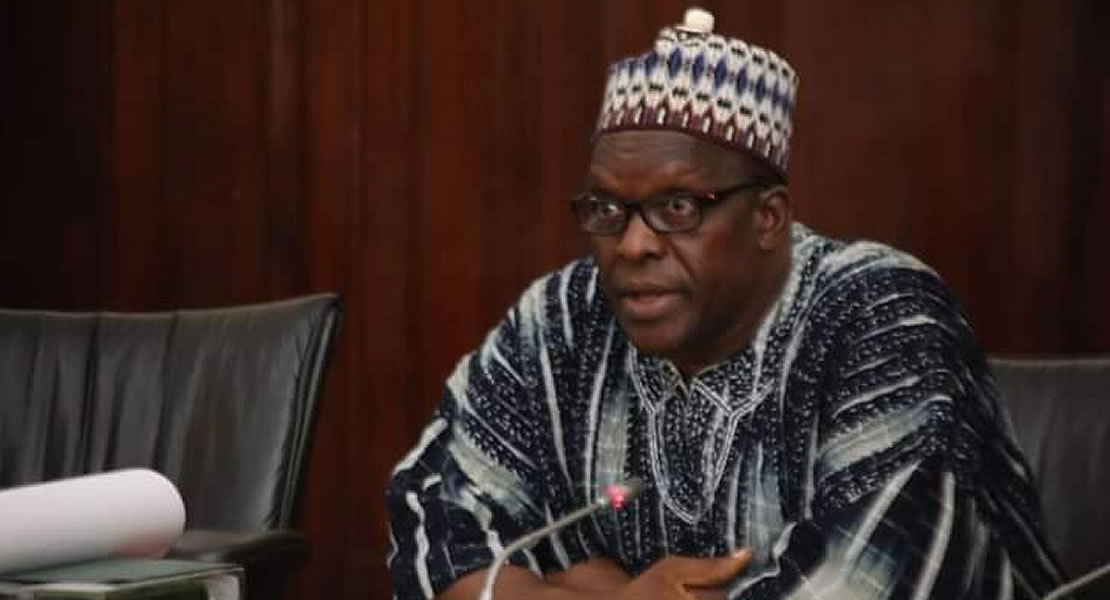
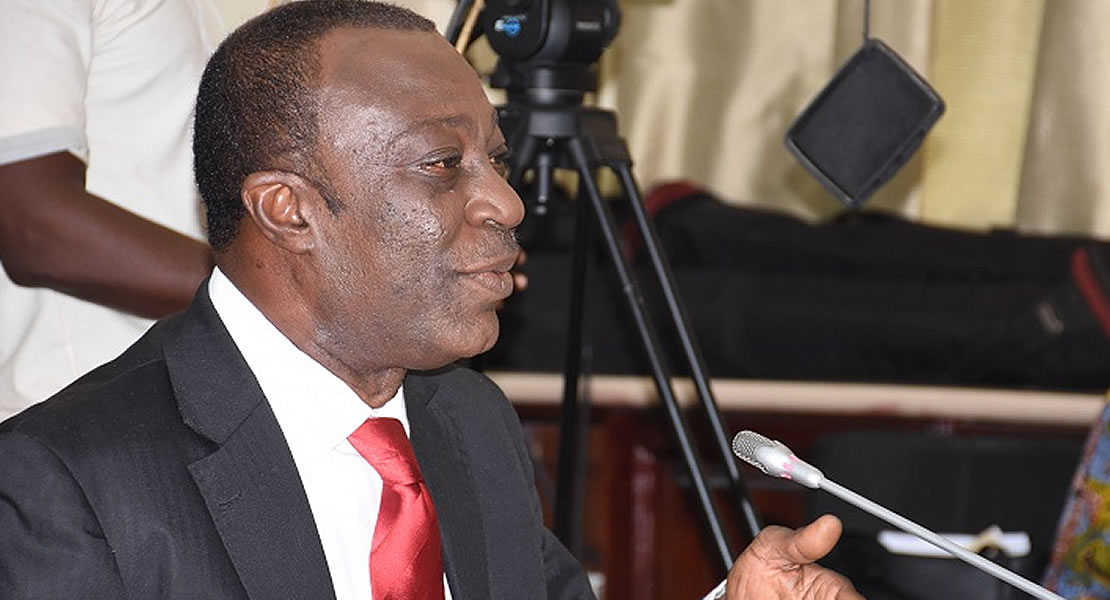
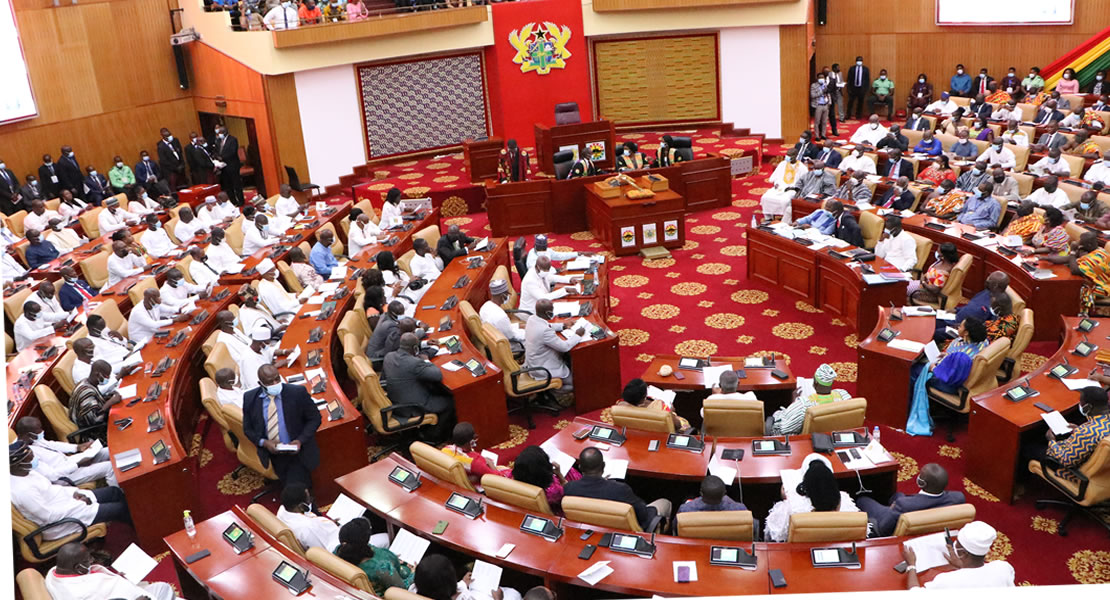
 Meanwhile, the motion was dismissed by the Speaker after the first sitting saying the right body to investigate the matter was the Commission on Human Rights and Administrative Justice (CHRAJ).
Meanwhile, the motion was dismissed by the Speaker after the first sitting saying the right body to investigate the matter was the Commission on Human Rights and Administrative Justice (CHRAJ).